It’s February 21, International Mother Language Day.
LET’S POLITICIZE THE LANGUAGE OF LANGUAGE LOSS
/thread/
LET’S POLITICIZE THE LANGUAGE OF LANGUAGE LOSS

/thread/
Do what?
To begin with, you need to know that AT LEAST 50% of languages are currently facing elimination.
languages are currently facing elimination.
We don’t usually talk about this as a political problem, but we need to.
To begin with, you need to know that AT LEAST 50% of
 languages are currently facing elimination.
languages are currently facing elimination. We don’t usually talk about this as a political problem, but we need to.
Since the 1990s, public discussions of this crisis have talked about ‘endangered’ languages, comparing languages to species & global language ‘loss’ to mass extinction. Efforts to intervene in this crisis have mimicked conservation biology.
This approach has been critiqued before, perhaps best by Jane Hill.
But popular discourse & much academic work remains unchanged.
So let’s look at why this approach is problematic, and more importantly, how we can change it.
http://www.rnld.org/sites/default/files/Hill%202002.pdf
But popular discourse & much academic work remains unchanged.
So let’s look at why this approach is problematic, and more importantly, how we can change it.
http://www.rnld.org/sites/default/files/Hill%202002.pdf
This approach has 3 main problems:
 Focusing on language erases people & the harm they suffer
Focusing on language erases people & the harm they suffer
 it avoids identifying WHO caused the harm &
it avoids identifying WHO caused the harm &
 it doesn’t provide a way to end it.
it doesn’t provide a way to end it.
 Focusing on language erases people & the harm they suffer
Focusing on language erases people & the harm they suffer it avoids identifying WHO caused the harm &
it avoids identifying WHO caused the harm & it doesn’t provide a way to end it.
it doesn’t provide a way to end it.
In this approach:
Languages & diversity DECLINE.
Languages VANISH & are LOST or FORGOTTEN.
Speakers DIMINISH & DWINDLE & are even DEPLETED.
Things happen but nobody does anything. (Except when they save languages)
Nobody gets hurt.
Languages & diversity DECLINE.
Languages VANISH & are LOST or FORGOTTEN.
Speakers DIMINISH & DWINDLE & are even DEPLETED.
Things happen but nobody does anything. (Except when they save languages)
Nobody gets hurt.
This approach overlooks how languages always ‘decline’ & ‘vanish’ in the context of linguistic discrimination: status subordination, material inequality, social banishment, ethical loneliness & political abandonment.
( @vocalfries for more on linguistic discrimination)
@vocalfries for more on linguistic discrimination)
(
 @vocalfries for more on linguistic discrimination)
@vocalfries for more on linguistic discrimination)
People suffer. Often their suffering is “ordinary, chronic & cruddy rather than catastrophic, crisis-laden & sublime” (E Povinelli). It is the product of slow violence (R Nixon) across generations.
We must work to bring this very real suffering into view if we want to end it.
We must work to bring this very real suffering into view if we want to end it.
We need a new critical lexicon for this. We need to talk about:
language oppression
language elimination
language erasure
language emancipation
linguistic justice
We need to talk about social & political groups DOING THINGS to each other (& for themselves).
language oppression
language elimination
language erasure
language emancipation
linguistic justice
We need to talk about social & political groups DOING THINGS to each other (& for themselves).
Failing to do so not only conceals harms & allows them to continue, but also veils the nature of social & political changes required to stop them. Depoliticized language leads to ineffective resistance.
We need to engage in what @ykomska @mimoyd1 & @Linguacene call ‘linguistic disobedience.’ We need to engage in ‘correction’—to correct ourselves, our peers & especially powerful speakers (like the media)—whenever language oppression is depoliticized.
The only time we shouldn’t do this  is when Indigenous & minoritized people are speaking. They may not always be able to politicize their speech. It may not be safe.
is when Indigenous & minoritized people are speaking. They may not always be able to politicize their speech. It may not be safe.
First rule: protect the vulnerable.
But otherwise…
 is when Indigenous & minoritized people are speaking. They may not always be able to politicize their speech. It may not be safe.
is when Indigenous & minoritized people are speaking. They may not always be able to politicize their speech. It may not be safe. First rule: protect the vulnerable.
But otherwise…
We need to:
 Center people
Center people
 See their suffering
See their suffering 
 Ask who is causing it?
Ask who is causing it? 
 Stop them
Stop them 
 Center people
Center people
 See their suffering
See their suffering 
 Ask who is causing it?
Ask who is causing it? 
 Stop them
Stop them 
Of course, ‘stopping them’ is the complicated part.
But if depoliticized language prevents us from even getting to that point, then that’s a problem.
But if depoliticized language prevents us from even getting to that point, then that’s a problem.
My preferred thinking about how we ‘stop them’ is decolonization.
On the personal level, we can follow @ChickashaJenny in seeing efforts to nurture languages as ‘decolonial acts of breath-taking resistance’ that work against eliminatory violence.
http://www.elpublishing.org/docs/1/14/ldd14_03.pdf
On the personal level, we can follow @ChickashaJenny in seeing efforts to nurture languages as ‘decolonial acts of breath-taking resistance’ that work against eliminatory violence.
http://www.elpublishing.org/docs/1/14/ldd14_03.pdf
On a more systemic level, we can follow @DrJonathanRosa in thinking about decolonization as a project “…informed by a theory of change that is focused on reconstituting or eradicating systems of domination, such as racial capitalism [&] White supremacy…”
And following @tuckeve & K Wayne Yang, we need to realize that decolonization has to be more than an intellectual exercise.
As @nelsonlflores points out, language activism needs to seek material redistribution (substantive, not just symbolic, change)
https://doi.org/10.1515/multi-2017-3045
As @nelsonlflores points out, language activism needs to seek material redistribution (substantive, not just symbolic, change)
https://doi.org/10.1515/multi-2017-3045
We can’t decolonize just by saying nice things about oppressed languages.
We also need to critique domination & seek justice. Praise without critique is 'conformist resistance’—e.g. every event in 2019’s Int’l Year of Indigenous Languages (h/t @RokhlK) https://doi.org/10.1177/0042085901363002
We also need to critique domination & seek justice. Praise without critique is 'conformist resistance’—e.g. every event in 2019’s Int’l Year of Indigenous Languages (h/t @RokhlK) https://doi.org/10.1177/0042085901363002
In our still-colonial world order, we can’t assume that decolonization will look the same everywhere, because different colonial systems follow different logics. We know a lot about decolonization 4 



but less 4



This needs to change.
https://www.tandfonline.com/doi/full/10.1080/0031322X.2019.1662074




but less 4




This needs to change.
https://www.tandfonline.com/doi/full/10.1080/0031322X.2019.1662074

 Read on Twitter
Read on Twitter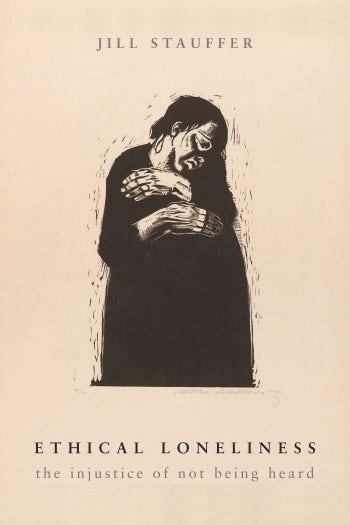
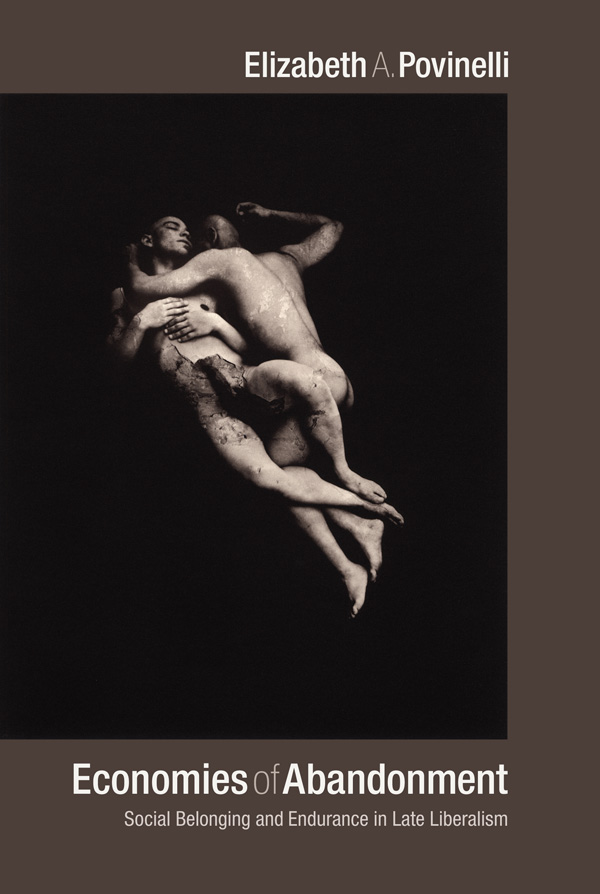
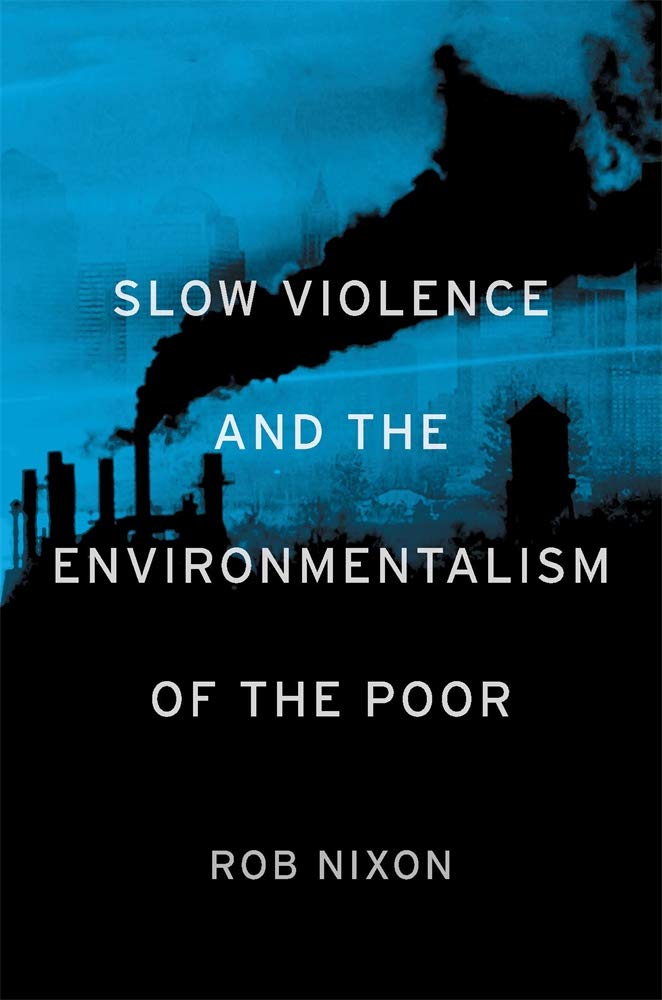
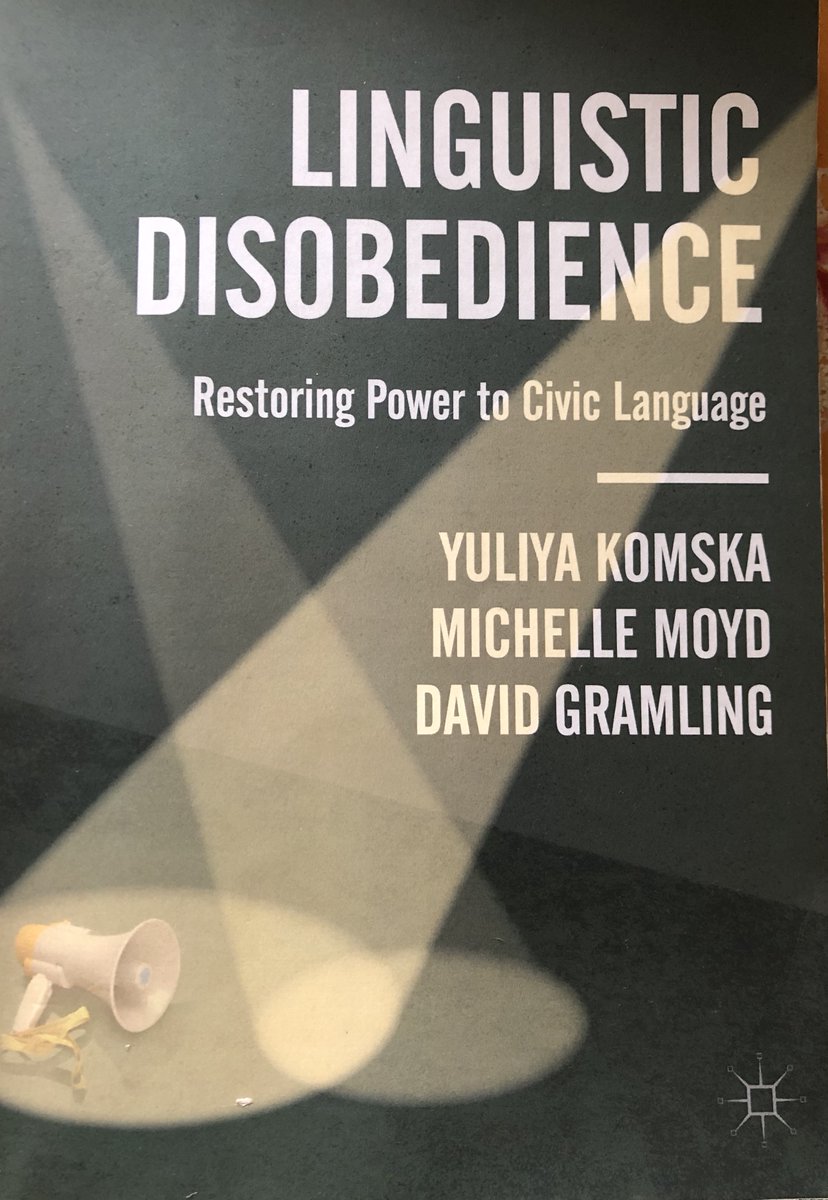
![On a more systemic level, we can follow @DrJonathanRosa in thinking about decolonization as a project “…informed by a theory of change that is focused on reconstituting or eradicating systems of domination, such as racial capitalism [&] White supremacy…” On a more systemic level, we can follow @DrJonathanRosa in thinking about decolonization as a project “…informed by a theory of change that is focused on reconstituting or eradicating systems of domination, such as racial capitalism [&] White supremacy…”](https://pbs.twimg.com/media/ERSlDPrUEAAT9dr.jpg)
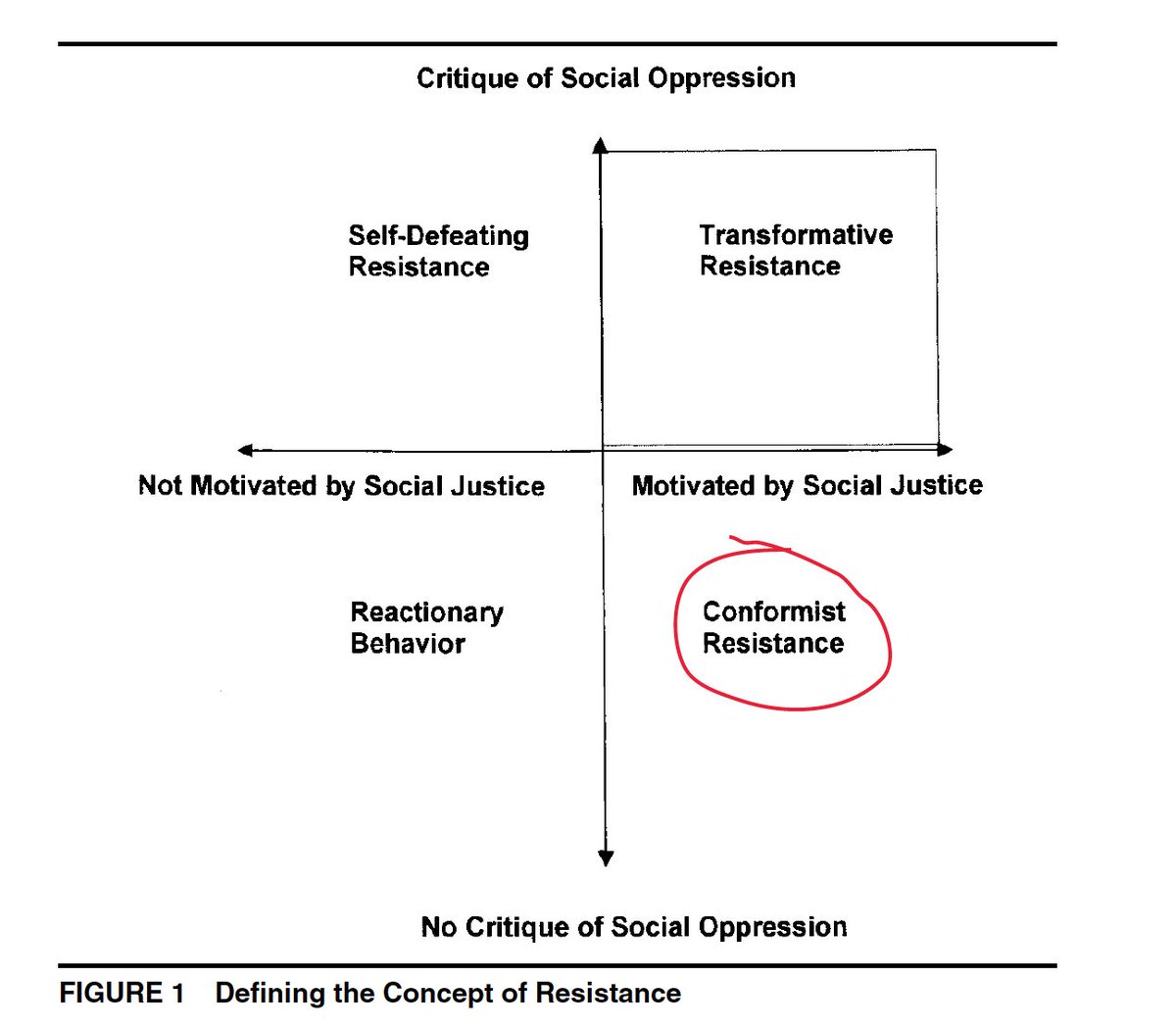
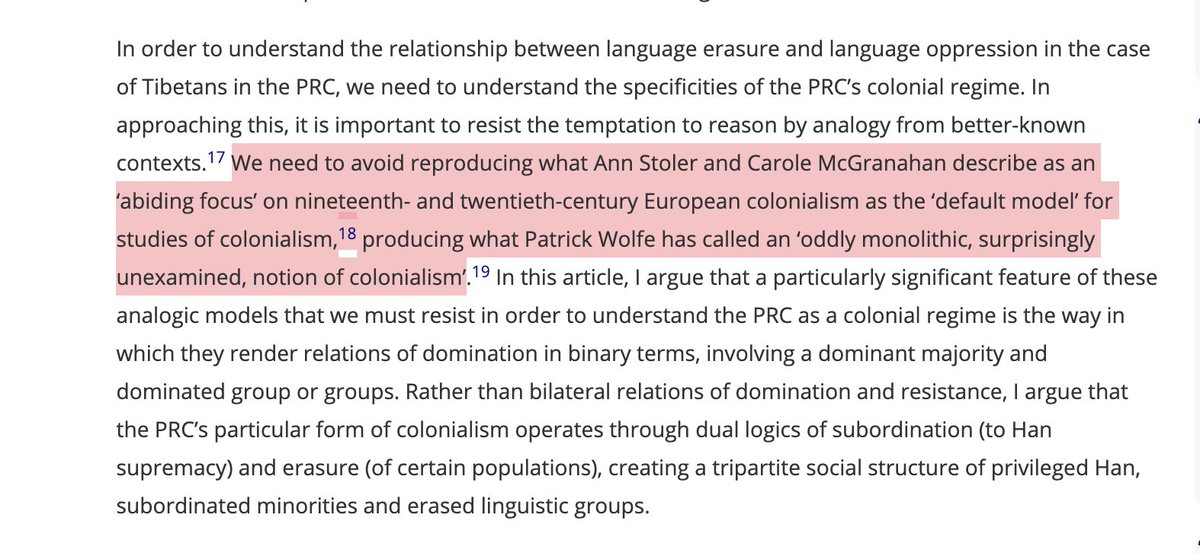
![Decolonization 4 linguistic justice needs politicized language. Let’s interrupt & correct depoliticized speech & make politicized language our mother tongue in preparation 4 the upcoming Int’l decade of Indigenous languages (2022–32) [quote from Linguistic Disobedience] /fin/ Decolonization 4 linguistic justice needs politicized language. Let’s interrupt & correct depoliticized speech & make politicized language our mother tongue in preparation 4 the upcoming Int’l decade of Indigenous languages (2022–32) [quote from Linguistic Disobedience] /fin/](https://pbs.twimg.com/media/ERSmCfhU8AA-WVY.jpg)


